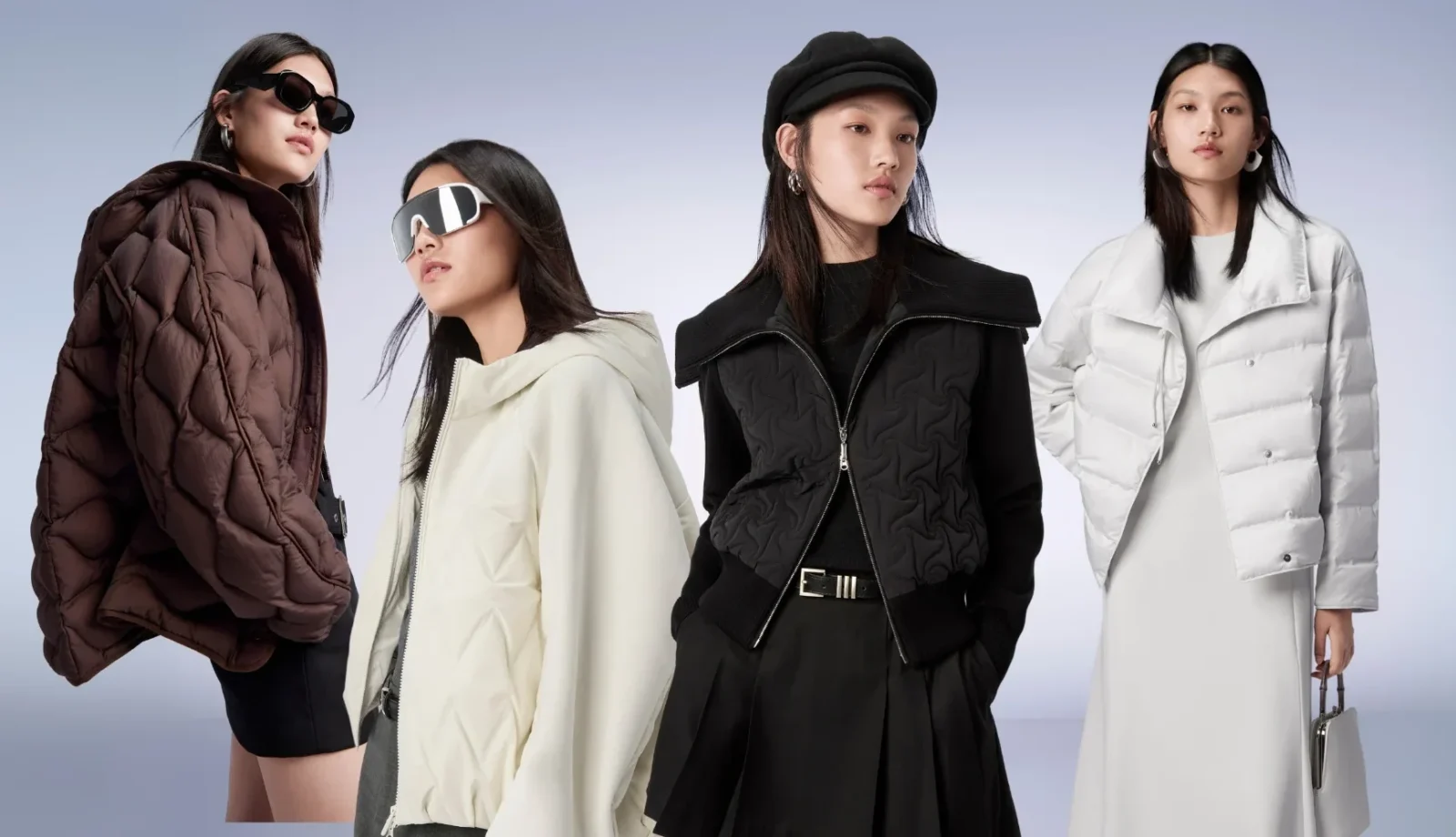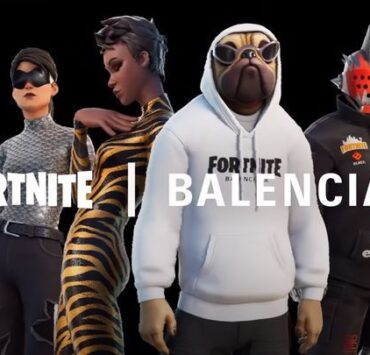89% of Chinese Shoppers Prefer Homegrown Brands over Foreign Brands, Study
A recent report by Statista on December 20, 2024, highlights a growing consumer behavior trend in the Chinese fashion market.

RETAILBOSS provides well-curated, research-driven news and insights into the trends…
A recent report by Statista on December 20, 2024, highlights a growing consumer behavior trend in the Chinese fashion market. The survey, conducted in March 2024, reveals that a staggering 89 percent of Chinese consumers now prefer domestic fashion brands over foreign ones.
This shift is primarily driven by a growing appreciation for Chinese style and a resurgence of Hanfu, which has significantly influenced the 'New Chinese Style.' This traditional Han Chinese clothing signifies a renewed cultural interest, blending ancient aesthetics with contemporary fashion.
Key Players in the Market
In the arena of domestic fashion brands, Bosideng, Septwolves, and Li-Ning have made substantial strides. Bosideng, a popular men's and women's outdoor apparel, continues to appeal to a wide audience with its blend of stylish and masculine designs.
Septwolves has gained respect for its flexible approach and natural cuts featuring unique patterns, maintaining its position in the luxury market. Li-Ning, initially known for its sportswear, has successfully transitioned into luxury fashion, offering innovative designs that appeal to a broader audience.
Consumer sentiment towards Chinese fashion brands is generally positive, as evidenced by the rise in consumer confidence, which in October 2024 reached 86.9 points. This uptick reflects growing consumer trust and interest in domestic brands over foreign counterparts. Reports from McKinsey also highlight that local Chinese brands constituted 60 percent of total sales in the apparel market in 2021, a figure that likely continued to grow.
Competitive Landscape
The competitive landscape of the luxury segment in China remains intense, with brands like Gucci and Louis Vuitton leading in digital engagement. For instance, Gucci emerging as the top performer on Douyin's brand index during a specific week in November, scoring 219.677 points. Louis Vuitton closely followed with 213,000 points, illustrating China's competitive landscape of luxury branding.
Looking Forward
The positive consumer sentiment towards domestic brands is evident, with consumer confidence reaching 86.9 points in October 2024. Reports from McKinsey indicate that local brands constituted 60 percent of total sales in the Chinese apparel market in 2021, which has likely continued to rise. This growing preference for homegrown brands blending cultural revival and modernity resonates with today's Chinese consumers.
RETAILBOSS provides well-curated, research-driven news and insights into the trends and business aspects of the rapidly evolving retail industry.





